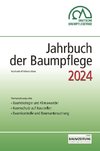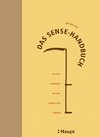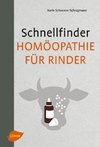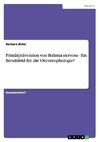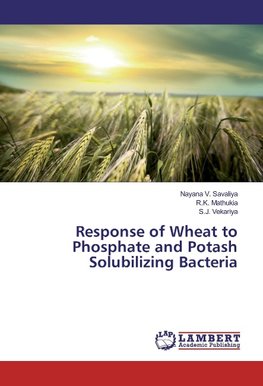
-
 Anglický jazyk
Anglický jazyk
Response of Wheat to Phosphate and Potash Solubilizing Bacteria
Autor: Nayana V. Savaliya
Wheat (Triticum aestivum L.) is a crop of global significance and a staple food of millions of people. Approximately one-sixth of the total arable land in the world is cultivated with wheat. It supplies about 20 per cent of the food calories for the world's... Viac o knihe
Na objednávku
60.12 €
bežná cena: 66.80 €
O knihe
Wheat (Triticum aestivum L.) is a crop of global significance and a staple food of millions of people. Approximately one-sixth of the total arable land in the world is cultivated with wheat. It supplies about 20 per cent of the food calories for the world's growing population. Biological systems are preferred over chemical fertilizers, as they are not only eco-friendly and economical in approach, but also involved in improving the soil quality and maintenance of natural flora. Phosphate-solubilizing microorganisms (PSM) have been seen as best eco-friendly means for P nutrition. PSMs solubilize insoluble form of phosphates by acidification, chelation and exchange reactions and also by production of organic acids. This process not only compensates for higher cost of manufacturing fertilizers in industry; it also mobilizes the fertilizers applied to the soil. Inoculation with potassium solubilizing bacteria has been reported to exert beneficial effects on growth of several crops. Thus, application of K solubilizing bacteria as biofertilizer for agriculture improvement can reduce the use of agrochemicals and support eco-friendly crop production.
- Vydavateľstvo: LAP LAMBERT Academic Publishing
- Rok vydania: 2016
- Formát: Paperback
- Rozmer: 220 x 150 mm
- Jazyk: Anglický jazyk
- ISBN: 9783659926198
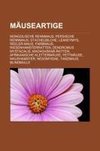
 Nemecký jazyk
Nemecký jazyk 
